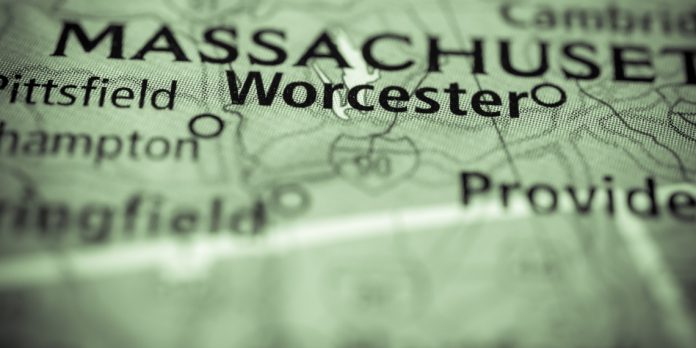Massachusetts continues to edge towards legalized sports betting following a vote last week in the state House that overwhelmingly passed Bill H3977. But question marks remain over college betting and whether or not the state has come too late to the table to maximize the full financial potential that legal sports wagering would bring to state coffers.
With Rhode Island, Connecticut, New Hampshire and New York already having enabled gamblers to place sporting wagers, Massachusetts finds itself surrounded by states with legal options. That has led some industry observers to comment that it has missed out on any early mover advantage.
Bill H3977, if enacted, will allow wagering on professional sports, college sports (excluding props on individual athletes), esports and video games in-person at casinos and on mobile. Operators will pay a 15% tax on mobile betting, reduced to 12.5% for in-person betting to reflect higher costs facing casino venues.
Uniquely for Massachusetts, the bill makes provision for untethered licenses, enabling mobile sportsbooks to operate without partnering with an existing sportsbook. The application fee has been set at $100,000 with a five-year license fee of $5m, renewable for $5m for a further five years.
Also in contention for passage, however, is Senator Eric Lesser’s Senate Bill, S269, which is currently in the Ways and Means Committee. Unlike H3977 it does not include betting on college sports and has been earmarked as the bill that might ultimately be signed off by Governor Charlie Baker. A proponent of sports betting, Baker filed a bill of his own back in 2019 which also eschewed wagering on college sports.
While college sports may prove to be a difficult sticking point – a deal breaker according to some – the urgency to enact legislation is palpable among state officials including Republican Jerald Parisella, Chair of the Committee on Economic Development.
Quoted in a report by Boston.com, he said: “Some may say that this is bringing sports betting to Massachusetts. The fact is that our Massachusetts residents are already betting on sports.
“They’re either taking that short drive up to New Hampshire or to Rhode Island, where it’s legal, or they’re also going on their phones and using offshore applications, those sportsbooks, to bet or they’re also going to a bookie.
“But what this does do is it brings it out of the shadows and into the light, and makes it legal in Massachusetts.”
Speaking in the Patriot Ledger, Republican Andy Vargas said: “I represent a district which borders New Hampshire. In Haverhill, you can literally walk across the border into New Hampshire and place a bet. I know that my constituents who partake in sports wagering would rather place these bets in their homes and in their own state and would rather have any revenue collected going towards benefiting their home state of Massachusetts.”
Current estimates suggest that Massachusetts could be in line for $60m annually in taxes, a figure that might drop by as much as $35m if betting on college sports is prohibited. But it could raise between $70m and $80m in licensing fees alone.














